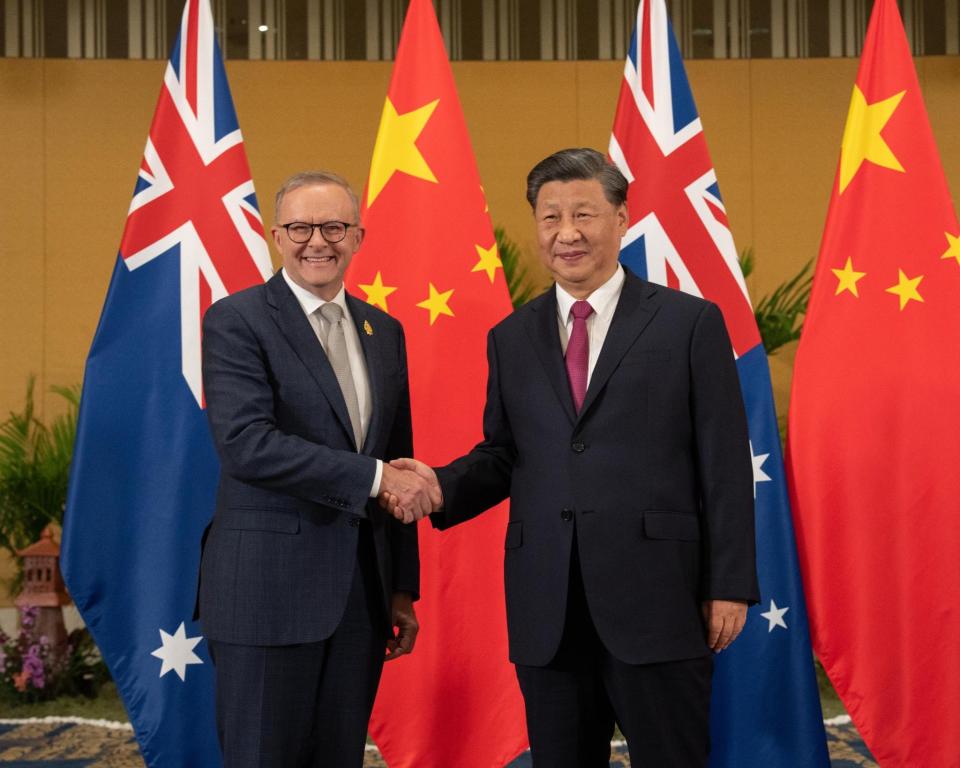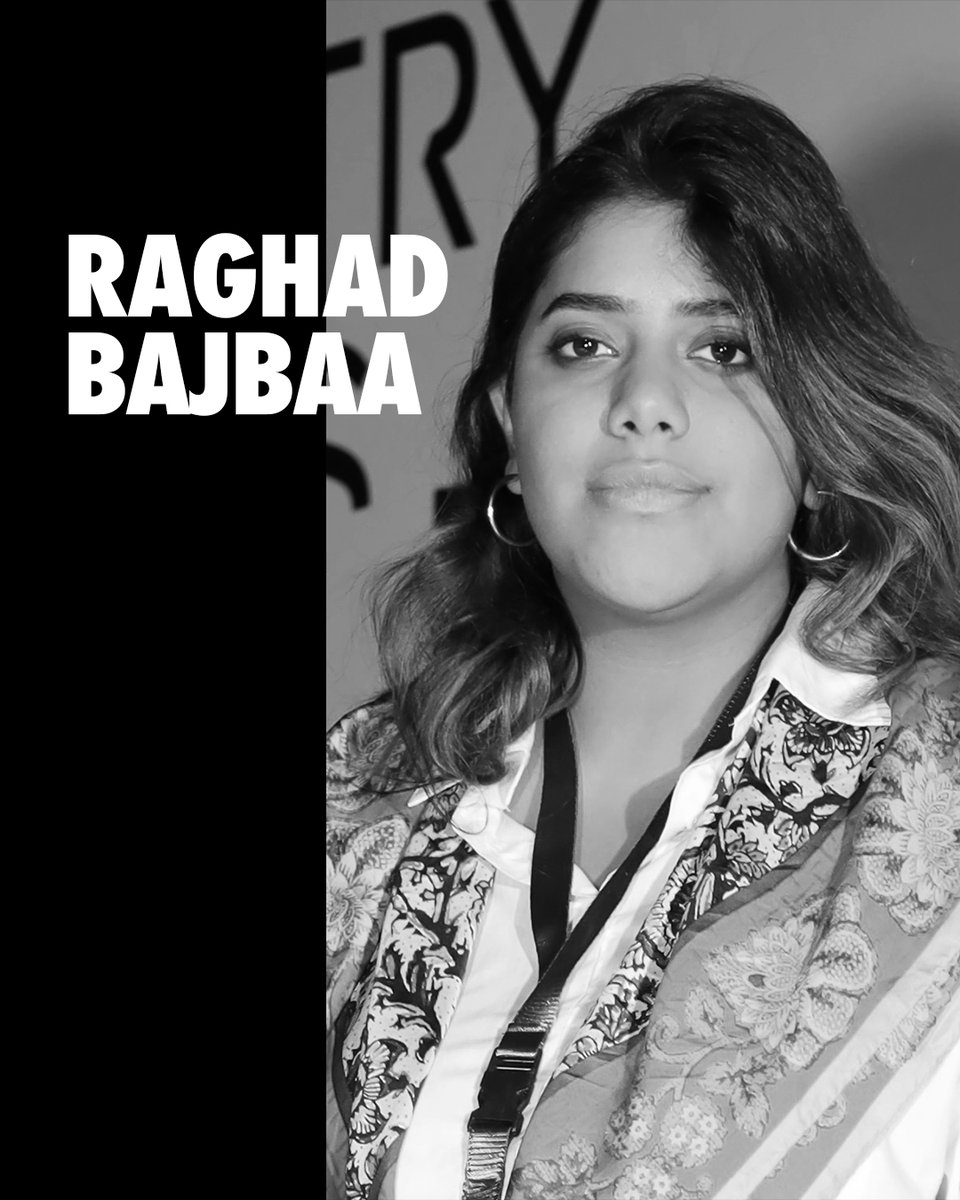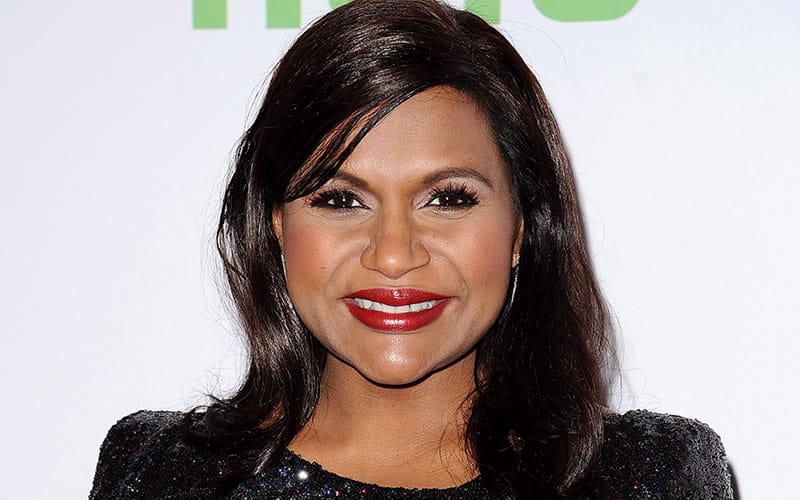Romania Presidential Election: Runoff Between Far-Right And Centrist

Table of Contents
Candidate Profiles: Analyzing the Contenders
This Romanian presidential election presents a stark contrast in ideologies. Let's examine the platforms of the two leading candidates.
[Candidate A's Name]: The Far-Right Platform
[Candidate A's Name]'s platform rests on a foundation of nationalism and Euroscepticism.
- Political Ideology: [Candidate A's Name] advocates for a strong, sovereign Romania, prioritizing national interests above international cooperation. Their ideology aligns with elements of far-right populism seen across Europe.
- Key Policy Proposals: Their platform includes stricter immigration policies, a reassessment of Romania's relationship with the EU, and protectionist economic measures aimed at bolstering domestic industries. This "far-right Romania" vision has drawn both fervent support and considerable criticism.
- Support Base: [Candidate A's Name]'s support primarily comes from rural areas and voters disillusioned with mainstream politics. Their rhetoric resonates with those who feel left behind by globalization and economic change.
- Controversies: [Candidate A's Name] has faced numerous controversies, including [mention specific controversies and scandals, citing reliable sources]. These controversies have significantly impacted public perception. Keywords: "far-right Romania," "[Candidate A's Name] policies," "Romanian far-right politics."
[Candidate B's Name]: The Centrist Approach
In contrast, [Candidate B's Name] represents a more centrist approach, emphasizing pragmatic solutions and continued integration within the European Union.
- Political Ideology: [Candidate B's Name]'s platform promotes a balanced approach, seeking to address social and economic challenges through collaboration and compromise.
- Key Policy Proposals: Their focus includes economic reforms to attract investment, social programs aimed at reducing inequality, and continued engagement with the EU. This approach contrasts sharply with the nationalist rhetoric of their opponent.
- Support Base: [Candidate B's Name]'s support comes from urban areas, younger voters, and those who favor closer ties with the EU and the West.
- Differentiation from Candidate A: The key difference between the two candidates lies in their approach to EU membership and immigration. [Candidate B's Name] champions continued integration with the EU, while [Candidate A's Name] advocates for a more independent path. Keywords: "centrist Romania," "[Candidate B's Name] platform," "Romanian centrist politics."
Key Election Issues Shaping Voter Choices
Several crucial issues are shaping the choices of Romanian voters in this election.
The Economy and its Impact on the Election
The Romanian economy's performance has a direct impact on voter preferences.
- Economic Indicators: [Discuss relevant economic indicators like GDP growth, unemployment rates, inflation, and foreign investment]. These factors influence the public's perception of the current government and their expectations for the future.
- Candidate Economic Policies: Analyze how each candidate's economic policies resonate with different segments of the population. For example, [Candidate A's Name]'s protectionist policies may appeal to certain workers, while [Candidate B's Name]'s focus on attracting foreign investment may appeal to others. Keywords: "Romanian economy," "election economic issues," "Romanian economic policies."
Social Issues and Their Influence on the Outcome
Social issues are playing a significant role in this Romanian election.
- Prominent Social Issues: [Discuss specific social issues like LGBTQ+ rights, religious freedom, immigration, and the role of the Church in public life]. These issues are particularly divisive within Romanian society.
- Candidates' Stances: Analyze how each candidate's stance on these issues influences their support base. Keywords: "Romanian social issues," "election social impact," "social policies Romania."
Foreign Policy and Romania's Role in the EU
Romania's position within the EU and its foreign policy are critical election issues.
- Romania-EU Relations: Discuss the importance of Romania's relationship with the European Union and the implications of each candidate's stance on this relationship.
- Candidates' Foreign Policy Positions: Analyze how each candidate's approach to foreign policy, including their stance on NATO and other international alliances, affects voter opinions. Keywords: "Romania EU relations," "Romanian foreign policy," "EU election impact Romania."
Predicting the Outcome and Potential Scenarios
Predicting the outcome of this Romanian presidential election is challenging, but pre-election polls and expert analyses offer some insights.
- Pre-election Polls: [Analyze pre-election polls and discuss their reliability and limitations].
- Potential Scenarios: Explore various scenarios depending on who wins. A victory for [Candidate A's Name] might lead to increased political polarization and potentially strained relations with the EU. A win for [Candidate B's Name] could signal a continuation of Romania's integration within the EU and a focus on economic reform. Keywords: "Romania election prediction," "election outcome scenarios," "Romanian political future."
Conclusion: The Stakes of the Romania Presidential Election
The Romanian presidential election is a critical juncture for the country. The choice between a far-right and a centrist candidate highlights deep divisions within Romanian society on issues ranging from economic policy to social values and international relations. This Romanian presidential runoff will significantly shape Romania's domestic and international standing for years to come. Understanding the candidates' platforms, the key issues, and the potential outcomes is essential for every Romanian citizen. Stay informed about the Romania Presidential Election and its aftermath by engaging with reputable news sources and participating in thoughtful civic discussions about the Romanian presidential runoff and its long-term effects. The future of Romania hinges on the choices made in this election.

Featured Posts
-
 Australias Economy Albanese Faces Crucial Post Election Test
May 06, 2025
Australias Economy Albanese Faces Crucial Post Election Test
May 06, 2025 -
 Aussie Dollar Outperforms Kiwi Options Traders Insights
May 06, 2025
Aussie Dollar Outperforms Kiwi Options Traders Insights
May 06, 2025 -
 Wembanyama Salue Popovich Un Mentor Inspirant Quitte Les Spurs
May 06, 2025
Wembanyama Salue Popovich Un Mentor Inspirant Quitte Les Spurs
May 06, 2025 -
 Brnamj Almkhrjyn Fy Meaml Albhr Alahmr Frst Lttwyr Almwahb Alsynmayyt Alshabt
May 06, 2025
Brnamj Almkhrjyn Fy Meaml Albhr Alahmr Frst Lttwyr Almwahb Alsynmayyt Alshabt
May 06, 2025 -
 How Mindy Kaling Achieved Her New Look Diet And Fitness
May 06, 2025
How Mindy Kaling Achieved Her New Look Diet And Fitness
May 06, 2025
